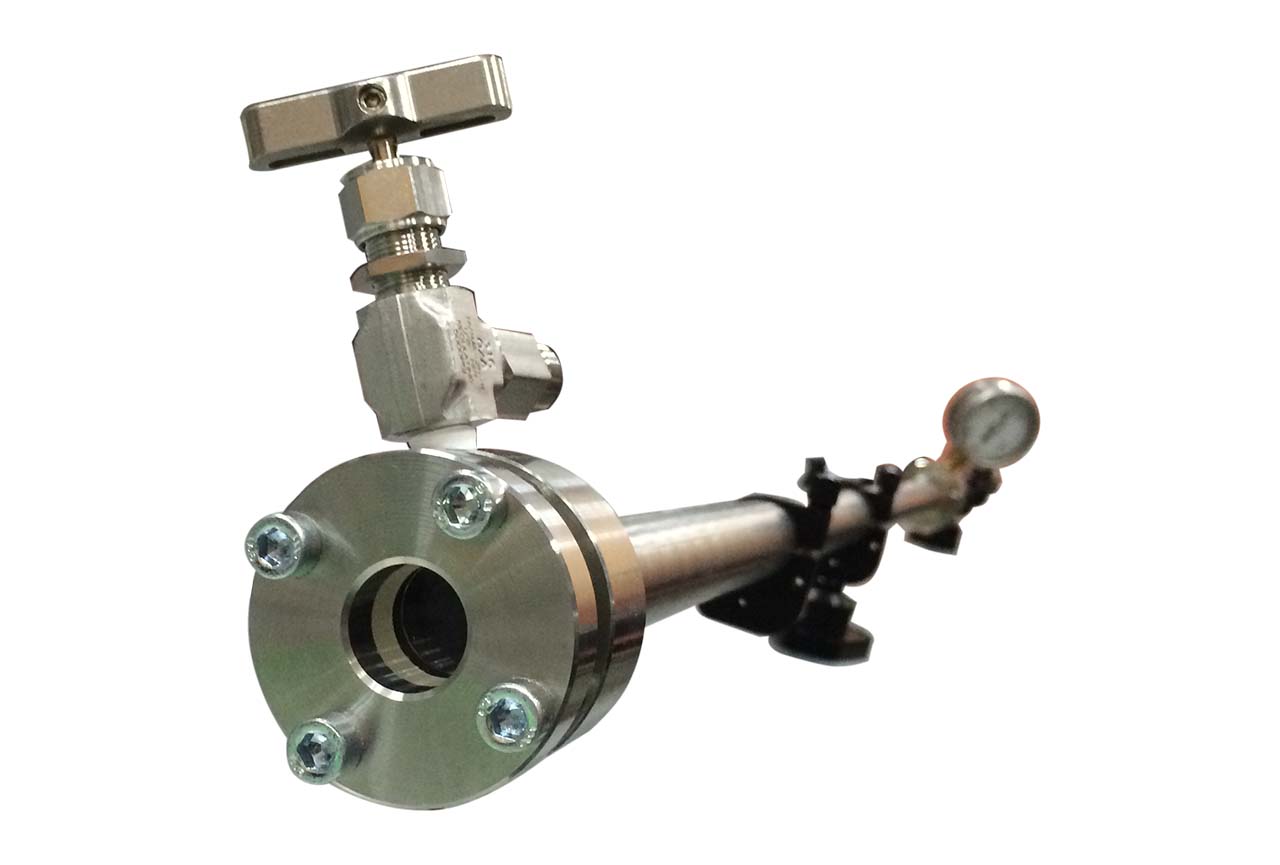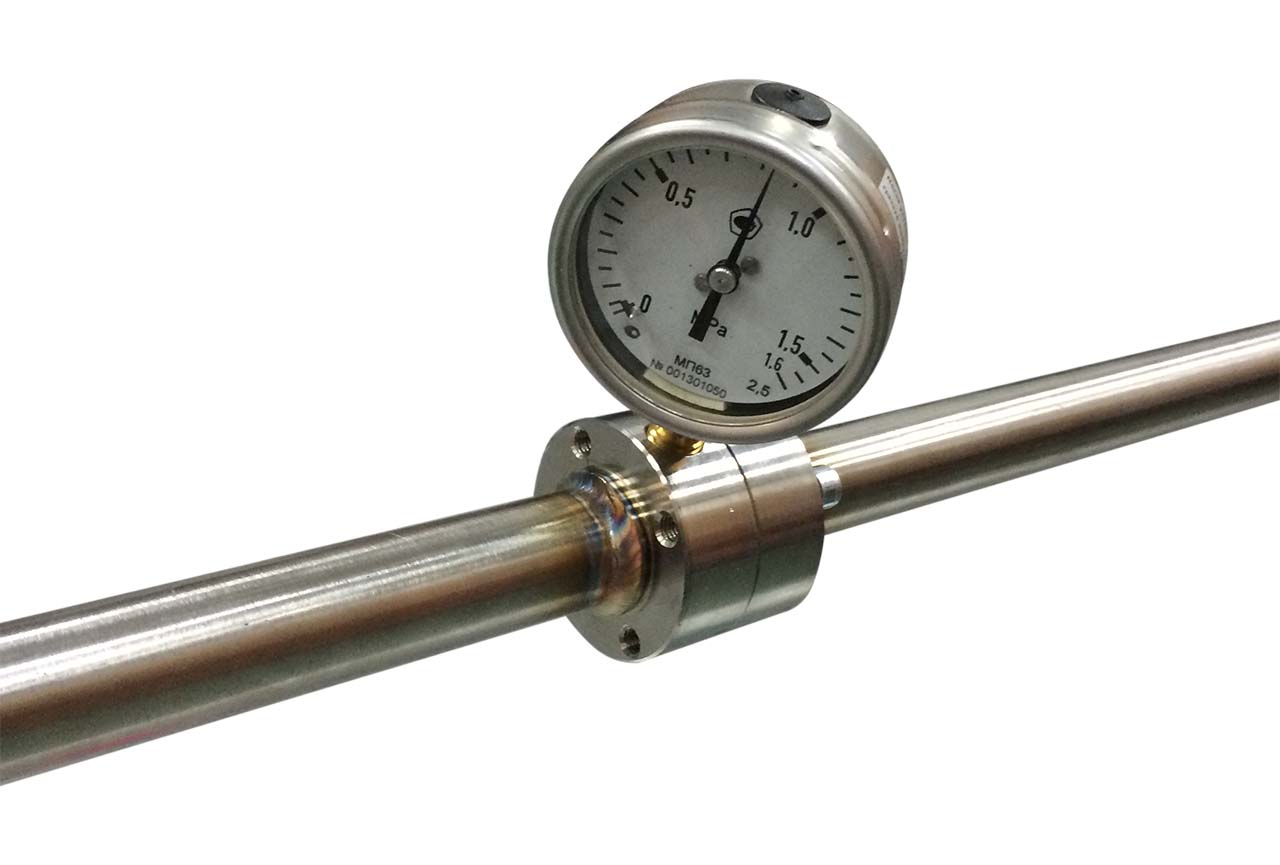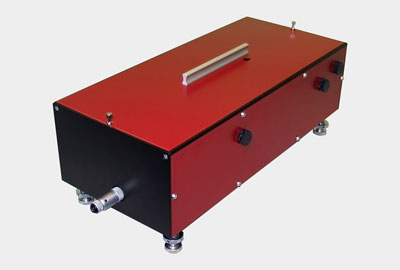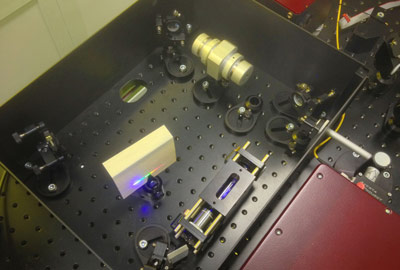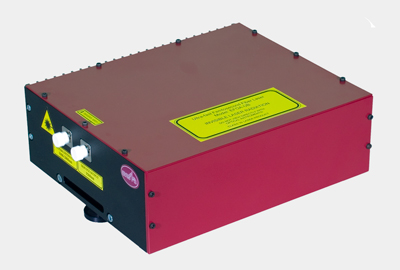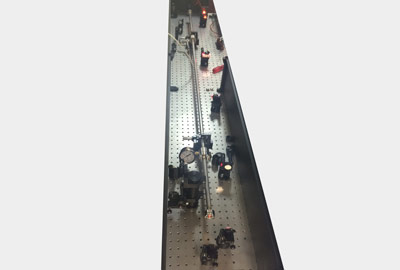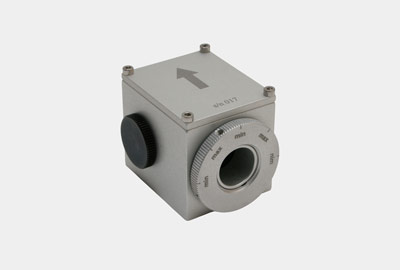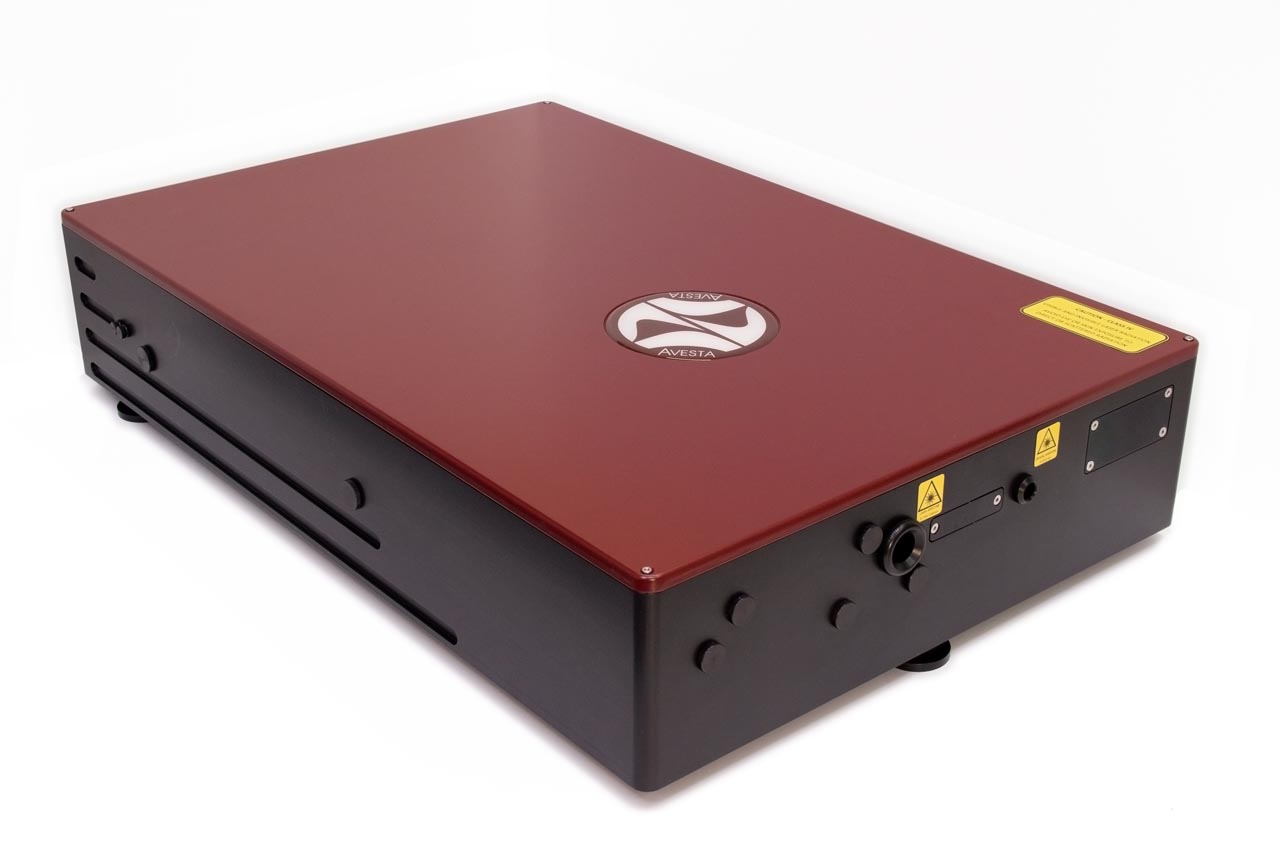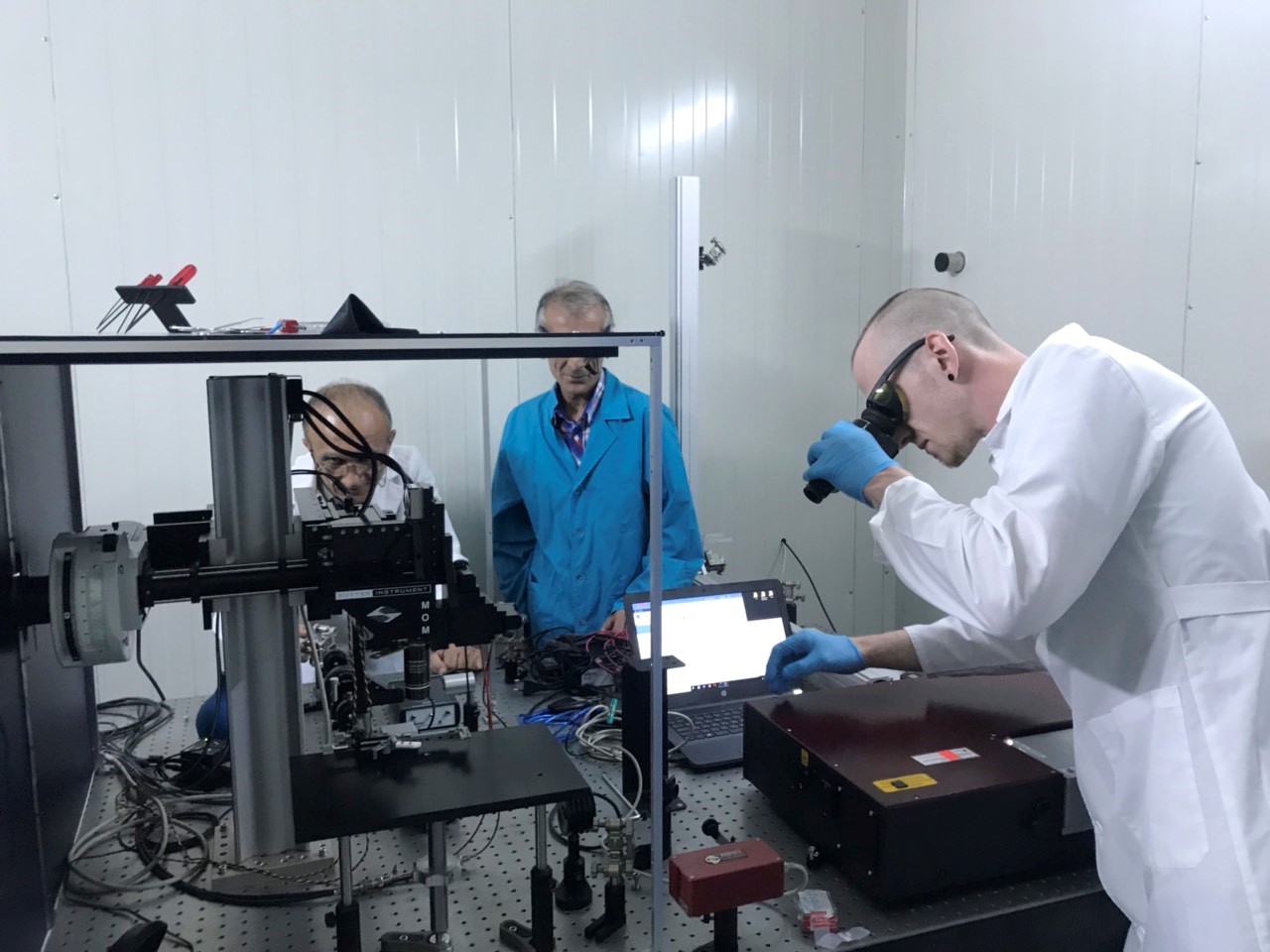RS. Raman Shifter of Laser Wavelength
| Input source and corresponding Raman shifter model | Active medium | |||
| Hydrogen (gas) |
Methane or deuterium |
Barium nitrate |
||
| Ti:S (titanium-sapphire; 800 nm) RS-800 |
1200 nm |
1050 nm |
870 nm |
|
| Yb-doped systems (1030 nm) RS-1030 |
1890 nm |
1530 nm |
1180 nm |
|
| Cr:F (chromium-forsterite; 1250 nm) RS-1250 |
2600 nm |
1970 nm |
1430 nm |
|
The RS Raman shifters are used for downshifting of laser radiation frequency in order to generate powerful IR femtosecond pulses. The RS femtosecond Raman shifters employ a novel scheme that is based on Raman conversion of a chirped laser pulse with subsequent pulse compression. Compressed gases (hydrogen, methane, sulphur hexafluoride) and barium nitrate crystals are used as active media in various models. Raman frequency shift varies from 775 cm-1 for sulphur hexafluoride to 4155 cm-1 for hydrogen, energy conversion efficiency reaches 30%. Usage of small-volume Raman cells (less than 100 cm3) insures safe operation. The optical scheme and size of the Raman lasers depend on pump laser pulse energy which can vary from 0.1 mJ to 100 mJ.
The RS Raman shifter family includes three standard models for traditional sources: the RS-800, the RS-1030 and the RS-1250 (800 nm, 1030 nm and 1250 nm respectively). Customized enquiries are welcome.
Related products
Latest News
Ti:S oscillator with up to 3 W output power at 100 fs
We have ramped up the maximum available output power for the TiF-100 series to more than 3 Watts at 800 nm, 100 fs, 80 MHz. The tuning range has also been extended to 720-950 nm, while an optional modification that covers 850-1040 nm is also available. The system features a high-power low-noise integrated DPSS laser […]
TiF-100ST-F6 femtosecond Ti:S oscillator with Frep locking for multiphoton microscopy at CANDLE, Armenia
The TiF-100ST-F6 femtosecond Ti:S oscillator with a built-in pump laser, also equipped with the ALock PLL electronics unit for pulse repetition rate locking to an external RF source has been installed at the Synchrotron Research Institute’s CANDLE facility in Armenia. The setup has been developed and commercialized during the joint Russia-Armenia project supported by FASIE (Innovation […]



